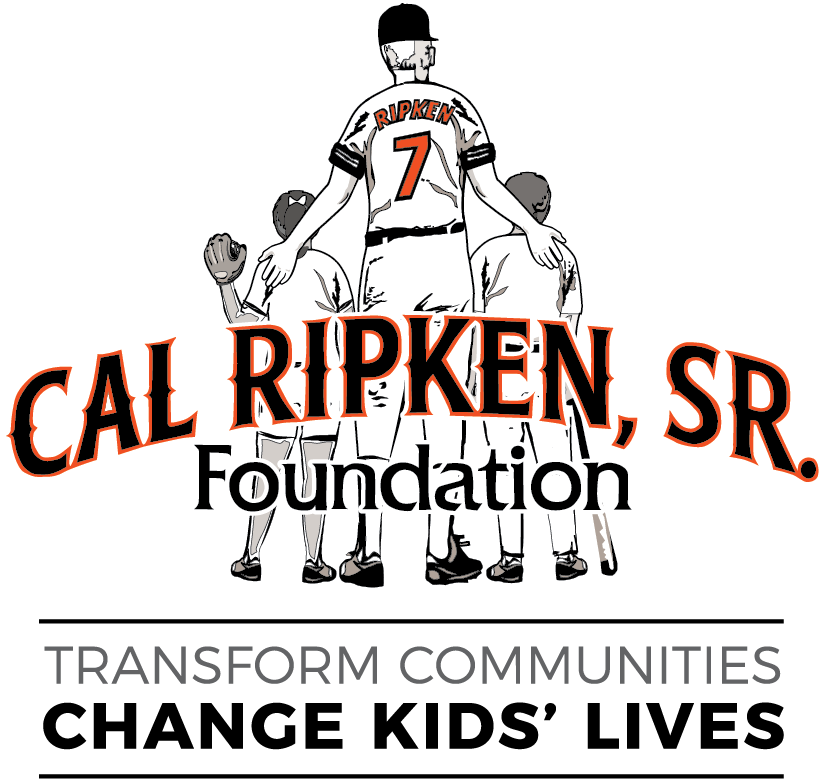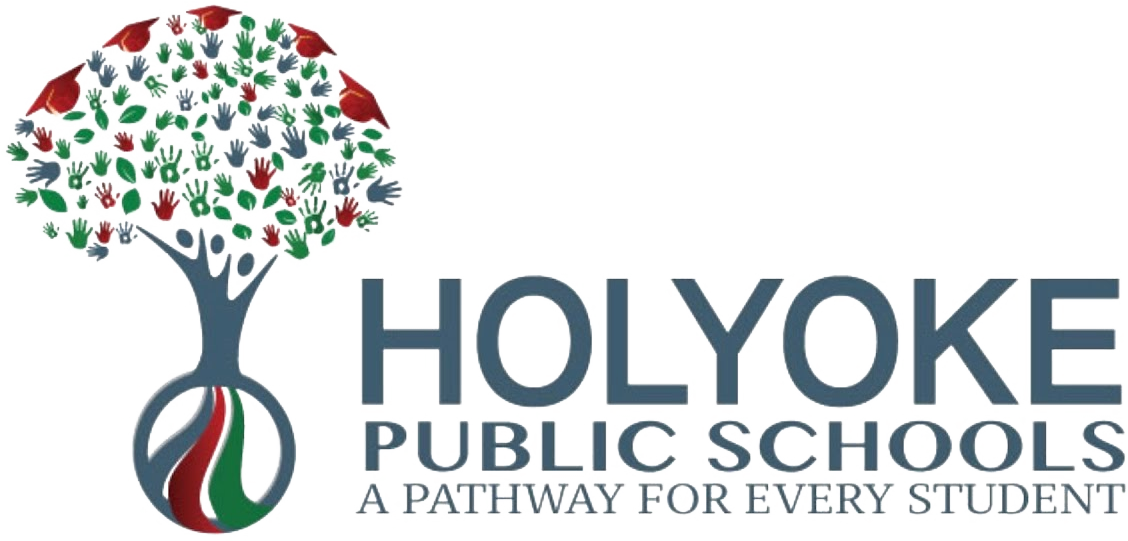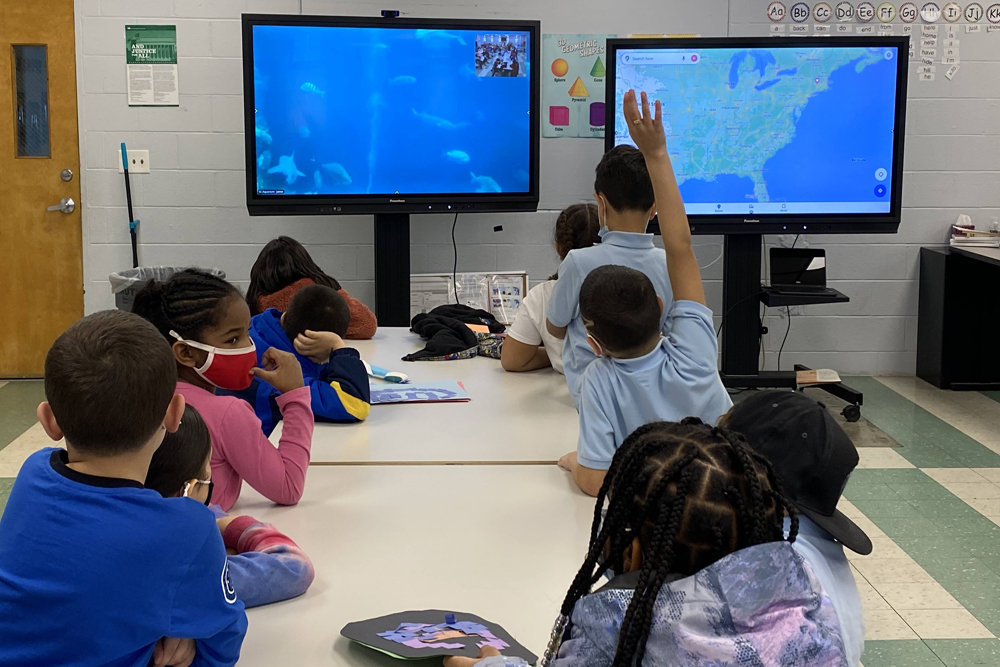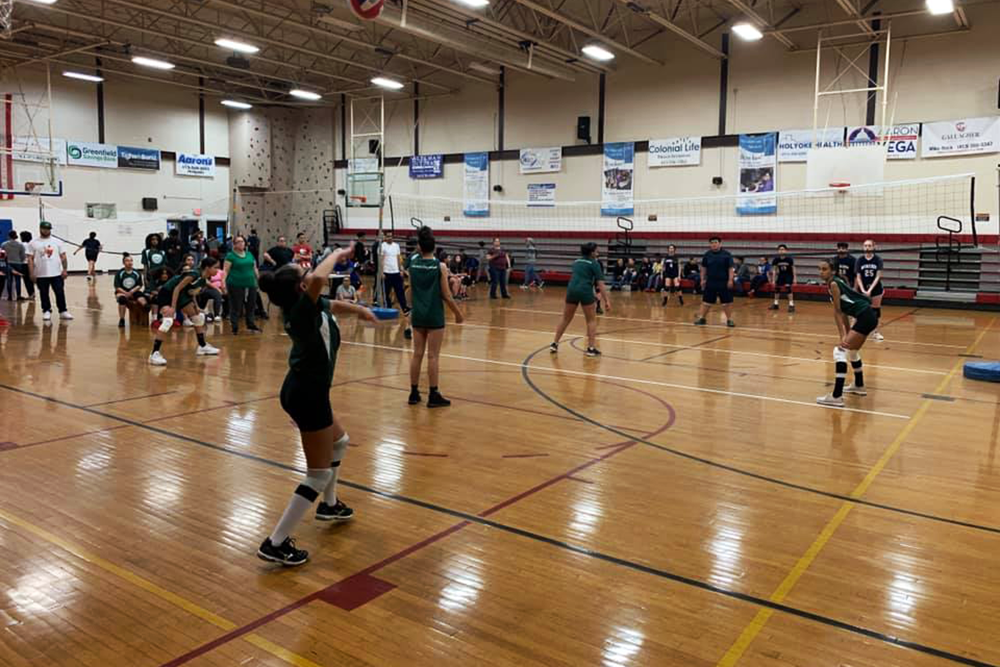Preventing Child Abuse
Child & Club Safety & Youth Development teams in Resources
April is National Child Abuse Prevention Month. It’s critical for families and communities to work together to prevent child abuse and neglect. In April, and throughout the year, it is vital to increase awareness of this issue, and to provide resources and education to prevent child abuse and sexual misconduct.
Prevention is first and foremost the responsibility of adults, but it is also important to teach kids and teens ways they can protect themselves. Here are a few tips from the U.S. Department of Health & Human Services on helping parents prevent child sexual abuse:
- Take an active role in your children’s lives. Learn about their activities and people with whom they are involved. Stay alert for possible problems or opportunities for misconduct.
- Watch for “grooming” or “manipulative” behaviors in adults who spend time with your child. Warning signs may include frequently finding ways to be alone with your child, ignoring your child’s need for privacy (e.g., in the bathroom), or giving gifts or money for no particular occasion.
- Ensure that organizations, groups, and teams that your children are involved with minimize one-on-one time between children and adults. Ask how staff and volunteers are screened and supervised. For instance, at Boys & Girls Clubs, all volunteers and staff must have a criminal background check and are not allowed to be one on one with a child.
- Remind your children that they can talk to you about anything that bothers or confuses them.
Teach children accurate names of private body parts and the difference between touches that are “okay” and “not okay.” - Empower children to make decisions about their bodies by allowing them age-appropriate privacy and encouraging them to say “no” when they do not want to touch or be touched by others. For example, making a child hug someone when they don’t want to, could send the wrong message. Helping a young person understand consent will help them navigate different situations.
- Educate children about the difference between good secrets (such as birthday surprises) and bad secrets (those that make the child feel unsafe or uncomfortable).
- Monitor children’s use of technology, including cell phones, social networking sites, and messaging. Review their online friend’s lists regularly and ask about any people you don’t recognize.
- Trust your instincts! If you feel uneasy about leaving your child with someone, don’t do it. If you are concerned about possible sexual child abuse, ask questions.
- If your child tells you that he or she has been sexually abused or molested, stay calm, listen carefully, and never blame the child. Thank your child for telling you. Report the abuse or misconduct right away.
“Parents must model that it is okay to talk about these issues, and this is done by having these conversations regularly, not just once. It is also helpful to include this in other conversations about being safe,” said Chris Newlin, executive director of the National Children’s Advocacy Center. “Outside the home, youth serving organizations should also have these conversations – talking openly about this actually reduces the likelihood of abuse and also supports the culture change needed to enhance child protection.”
To report child sexual abuse, misconduct or neglect, please contact the National Child Abuse Hotline at 1.800.4 A Child (1.800.422.4453) or if you suspect an issue at a local Boys & Girls Club, please call 866-607-SAFE (7233).








































